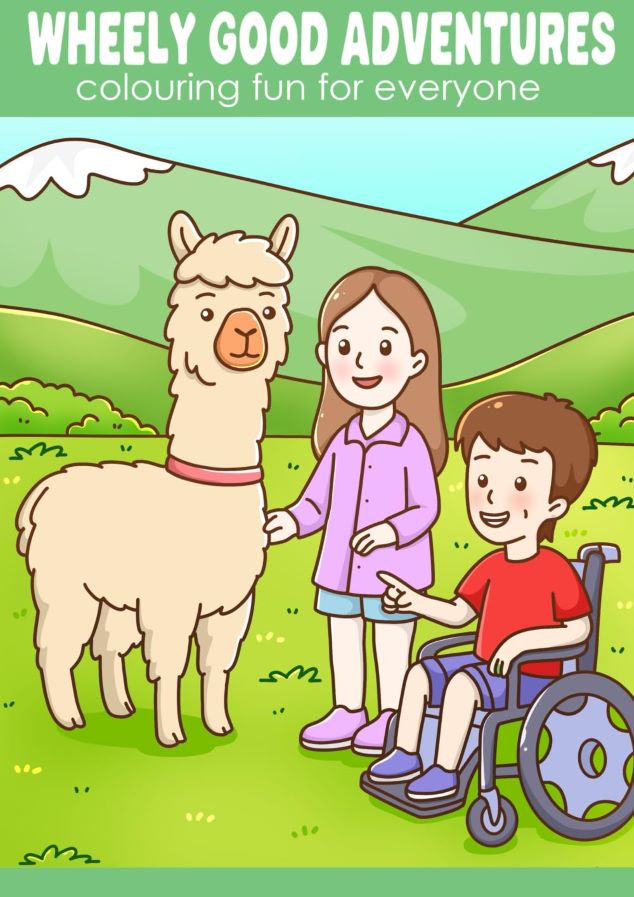Following their bronze medal win at the Tokyo Paralympics, CPSN member and Paralympian Maz (Maria) Strong reflects on their success and the growth of equality in disability sports.
The Tokyo Paralympics is already regarded as one of the most successful Paralympics to date. It distinguished numerous things, including a shift in public views and conversations about athletes with disabilities. Beyond the traditional celebrations, questions were being raised around the issue of equal pay.
Three days before the closing ceremony, Prime Minister Scott Morrison announced that Paralympic medallists would receive pay equal to their able-bodied counterparts, making Australia one of the few countries to provide Paralympic winners with equal salaries.
Equal Recognition for Paralympic Athletes
"It's great that Paralympians and Olympians have some sort of equality in terms of payments," says Maz, who made their Paralympic debut at 50 years of age. Maz believes that the mixture of lockdown and increased media coverage, has meant that the able-bodied world is gaining greater exposure to athletes with disabilities.
"If you think back even a couple of Paralympic cycles – there wasn't much more than a highlights package, that's probably something more important for the Paralympic movement than the payment issue," says Maz.
Changing Perceptions and Representation
The Paralympics proved to be a different success story for CPSN's telehealth nurse, Amy Seeary, who watched the games with her sons, two of whom have cerebral palsy. Amy says she is reluctant to use the word inspirational, after five years of parenting children with disabilities has taught her that the word is tainted in the disability community.
Amy admits that watching the Paralympics with her sons was, in a sense – inspiring because of its ability to offer her sons a reflection of themselves that other media outlets rarely let them see.
When Maz was growing up, she didn't know there was a Paralympics - it was a world they didn't gain an introduction to until their twenties. Now Maz is part of a seismic shift in how people with disabilities get to present themselves.
The Value of Sports Participation
Maz believes that sport can provide a sense of community. Participating in professional sports allows people to build friendships and travel.
"The overwhelming majority of people are not going to make the Paralympics, but that doesn't mean participating in sports isn't going to have lots of positive outcomes for them."Despite the positive attention focused on athletes with disabilities, Maz feels a gap needs to be filled in other industries. Maz wants to see more highlighting of disabled peoples' roles in the arts, science and creative endeavours like writing.
"It would be great if there could be positive coverage outside of sports because not everybody's going to be a Paralympian. Everyone can find a niche in life where they can be successful."
Looking to the Future
As for the 2024 Paralympics, Maz is uncertain of what that might look like. "It's hard to predict whether my body will still allow me to perform at the highest level in the world in three years because I'm not young." Maz however, admits that they would love to perform and experience a "COVID-free" games.
Reflecting on their own decision to join professional sports at a later age, Maz encourages others not to let age or physical disability discourage them in the pursuit of their dreams.
"I would encourage people to find out what sports are available - as there are sports that people with various levels of impairment can do."
CPSN


%20(4).avif)

